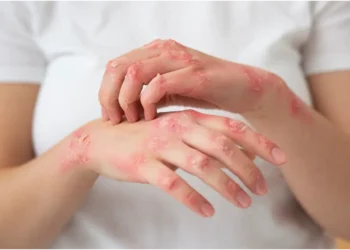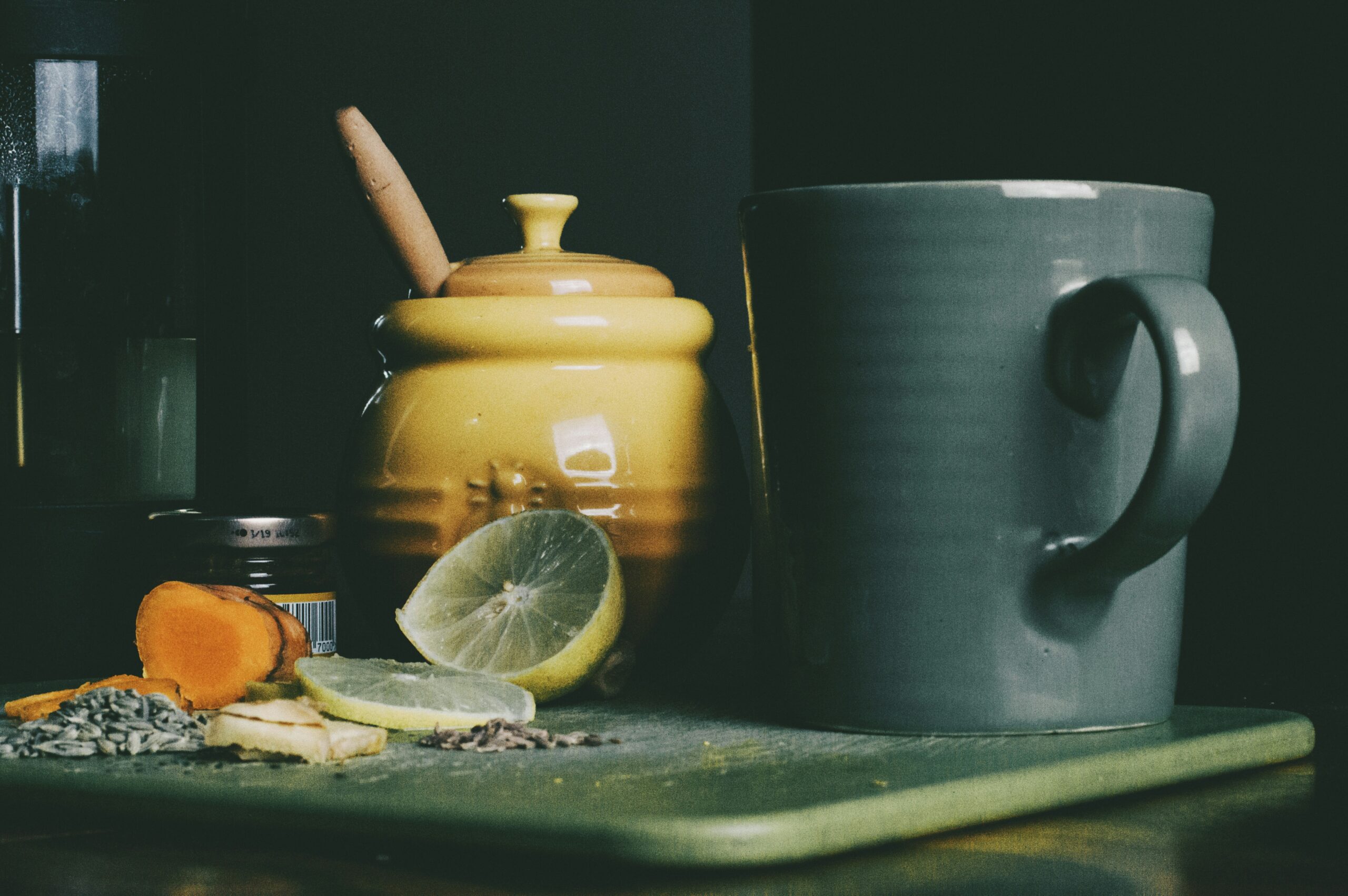Oily skin happens when your glands produce too much sebum, which can lead to a greasy surface, clogged pores, and acne. Oily skin is perfectly normal. There are several things to keep in mind when caring for oily skin, but most cases can be managed at home with over-the-counter remedies and proper skincare.
Oily skin enjoys more natural sun protection.
The oil that your skin produces contains vitamin E, which acts as a natural sunscreen and antioxidant battling free radicals.
Oily skin is linked to a hereditary disposition to overproduce the hormone dihydrotestosterone (DHT) which triggers an excess of sebum production in the skin. We need sebum – the oily, waxy substance that lubricates the skin – to keep our moisture barrier intact, but overproduction can become problematic.
Methods for making the skin less oily
There are plenty of ways to reduce the appearance of oily skin. Some are home remedies, while others are more clinical.
These methods include:
1. Cleansing regularly :
Washing the face with a gentle, pH-balanced, nonsoap cleanser every morning and evening is crucial to maintaining clean, healthy skin.
People may also benefit from choosing gentle face washes. This is because strong, harsh products can trigger additional oil production.
2. Limiting alcohol use :
Chronic alcohol consumption can damage the blood vessels. It can cause blood vessels and oil glands to enlarge, which also enlarges the skin’s pores.
As a result, people with oily skin may benefit from reducing alcohol consumption.
3. Using salicylic acid products
Gentle exfoliation, ideally using a chemical-based exfoliator such as salicylic acid weekly, can help remove dead skin cells, excess oil, and other debris from the skin’s surface.
For best results, people should apply exfoliating products in gentle, small, circular motions for around 30 seconds or less using warm water.
4. Use oil-free skin care products :
DO choose skin care products that are labeled “oil-free” and “noncomedogenic.” This means that products that have these labels — including cleansers, moisturizers, and makeup — won’t clog your pores or cause acne.
5. Do wear sunscreen outdoors:
Sunscreen helps prevent sun damage that could lead to wrinkles, age spots, and even skin cancer. To prevent acne breakouts, look for sunscreens that contain zinc oxide and titanium dioxide, and do not use sunscreens that contain fragrance or oils.
6. DON’T sleep in your makeup :
Always remove all makeup before going to sleep. Sleeping with makeup on is not a good idea,” Dr. Wee tells us. “First, makeup can trap dirt and environmental pollutants inside the skin, and this type of environmental stress can result in increased free radicals which can cause DNA mutations, collagen degradation, and, over time, can result in premature aging.”
7. Do use blotting papers throughout the day:
Gently press the paper against your face and leave it on for a few seconds to absorb the oil. Don’t rub the paper on your face, as this will spread the oil to other areas.
8. Adjust Your Diet :
Avoid alcohol and spicy foods which raise your heat index. These dilate blood vessels and cause you to perspire, adding sweat to your already slick complexion. Instead, stock up on foods like carrots, grapefruit, and kale which are high in Vitamin A and slow oil production. And, don’t be afraid of oily food. Foods like salmon, tuna, walnuts, and pumpkin seeds which are rich in omega-3 fats regulate the hormone that controls oil production and keeps skin balanced.









